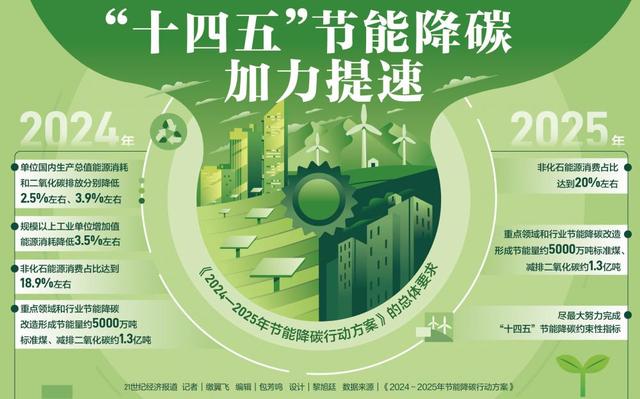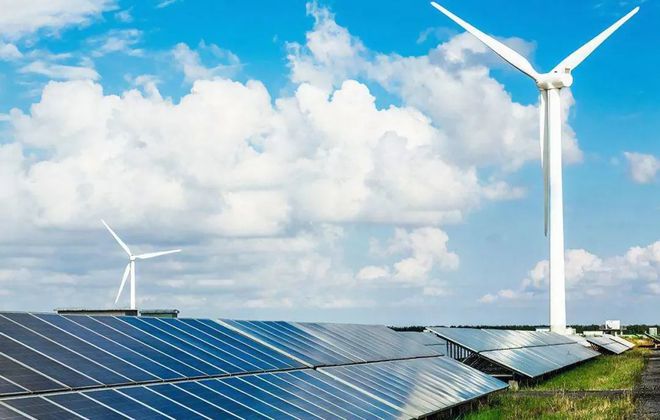国务院关于印发《2024—2025年节能降碳行动方案》的通知
慕尼黑机场:MWM南部服务中心的成功案例
慕尼黑机场:MWM南部服务中心的成功案例In terms of freight and passenger figures, Franz Josef Strauss Airport
In terms of freight and passenger figures, Franz Josef Strauss Airport in Munich is Germany's second-largest airport. Last year, the airport recorded 47.9 million passengers and 350 thousand t of freight—less than Frankfurt (70.5 million passengers, 2.1 million t of freight), but more than Düsseldorf, which ranks third (25.5 million passengers, 81 thousand t of freight).
Takeoff of a Lufthansa Airbus A350-900
Since the airport opened in 1992, it has been a loyal customer of the MWM Service Center South (Munich/Germany). Initially, the airport's energy and emergency power supply was provided by seven TBDG 441 V16 diesel gas engines. In 2002, the line-up was expanded with two TCG 2032 V16 engines.
High reliability - low operating costs: Gas engine MWM TCG 2032 V16
In 2015, the energy supply underwent further modernization: A new cogeneration power plant with four additional TCG 2032 V16 replaced the previous diesel gas engines, which are now still used for the emergency power supply.
In 2018, the Munich Airport purchased another MWM TCG 2032 V16 genset in order to minimize the downtimes during the large maintenance rounds
In 2018, the airport purchased another TCG 2032 V16 genset in order to minimize the downtimes during the large maintenance rounds. In early April, the dismantled engine was subjected to an intermediate overhaul according to maintenance level. The engine was returned to the airport in mid-April and is now available for the next replacement. The airport is thus able to quickly replace any engine in the event of scheduled major maintenance measures or unexpected circumstances and go live within a short time. The collaboration between the Munich airport and the MWM Service Center South is a fine example of how a close, long-standing customer relationship and premium services result in customer satisfaction and a partnership that lasts many years.
Terminal 2 departure hallMunich Airport
MWM gas engines, gensets, cogeneration, chp plants, combined heat and power
MWM is one of the world's leading brands in the market segment of highly efficient, eco-friendly cogeneration plants for decentralized energy generation with combined heat and power (CHP). Operating under the name Caterpillar Energy Solutions, the Mannheim-based company founded 1871 by Carl Benz looks back on its MWM brand with almost 150 years of experience in the development and optimization of gas engines and power generators. The gas engines can be operated with various types of gas, such as natural gas, shale gas, mine gas, biogas, landfill gas, sewage gas, and syngas. They are designed for maximum electrical and thermal efficiency, low operating and service costs, and high reliability and availability. Thus they achieve efficiency of over 90 percent.
The MWM gas engines of the TCG 2032 series are perfectly geared to the challenges of a dynamic market environment. In the power range of 3,000 - 4,500 kWel reliability, flexibility, efficiency and environmental compatibility are ensured along with low life-cycle costs. In this way, they meet the high requirements of a wide range of applications and are highly profitable.
Compelling arguments – Features at a glance
- Output range from 3,000 to 4,500 kWel
- Runs on all gas types: natural gas, landfill gas, sewage gas, mine gas, coke oven gas, biogas(1)
- Mainly used in large IPP projects with up to 100,000 kWel
- The series features superb reliability and low operating and maintenance costs.
- High reliability
- Low operating costs
- Also available with fast ramp-up option for the gas engine TCG 2032B V16
- More than 740 power generators with approximately 2,850,000 kWel already installed around the globe
High reliability - low operating costs
- High Efficiency and Low Lubricant Consumption
- High fuel utilization and low operation costs thanks to optimized chamber spark plug
- Increased efficiency through new closed crankcase ventilation that enables utilization of the blow-by gas
- High availability through long maintenance intervals: first maintenance after 4,000 h, major overhaul after 80,000 h
- With its lubricant consumption of only 0.2 g/kWh up to 30 percent lower lubricant consumption compared to competitor products thanks to optimized tappet sealing, coke stripping rings and ring packages
Soot-Free Combustion Increases Plant Profitability
- Open combustion chamber with chamber spark plug for soot-free combustion
- Extended maintenance intervals for the exhaust gas heat exchanger
- No pre-combustion chamber with time-consuming maintenance and risk of failure
- No additional gas supply with increased gas pressure required for pre-combustion chamber
Few Interruptions Due to Long Maintenance Intervals
- No more than two interruptions a year due to scheduled maintenance
- Longest interval until major overhaul compared to competitors
- Use of Xchange components enables time savings of up to 75 percent during the major overhaul, resulting in reduced costs
High Availability - Gas Engine TCG 2032
New Turbocharger Technology Increases Genset Availability
- Improved output under non-ISO conditions
- High output of 4,500 kWel possible through use of A140 high-pressure turbocharger
- Turbocharger achieves higher compression ratio and enables operation under full load with intake air of up to 45°C
- Exhaust gas waste gate enables constant performance with different intake air temperatures and setup altitudes
- Evening out of reserve boost pressure in relation to load results in higher efficiency and improved load response


